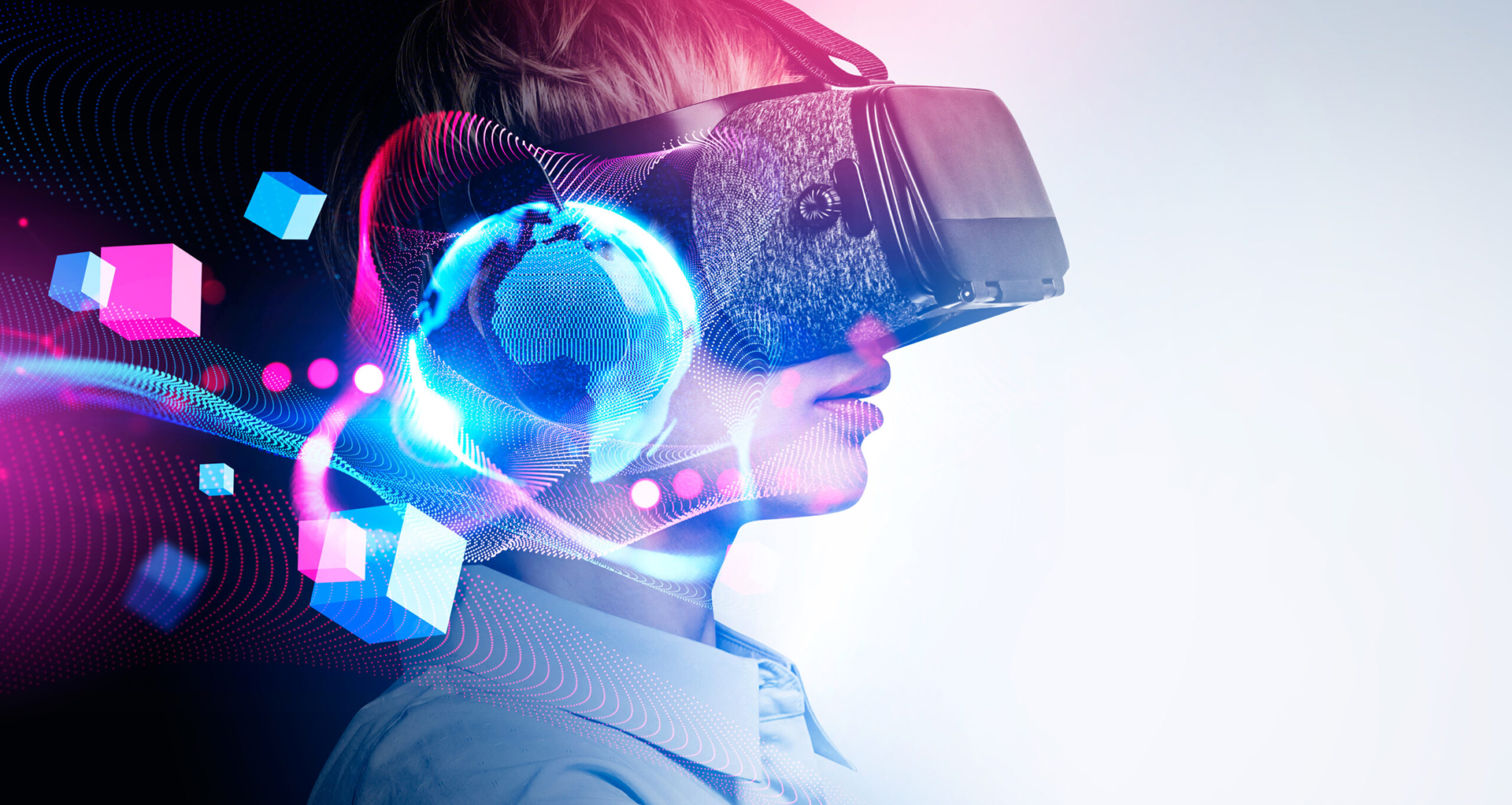In the domain of digital development, the idea of the metaverse is quickly progressing from sci-fi to the real world, promising to rethink the manner in which we collaborate, work, and engage ourselves in the digital space. The metaverse technologies are at the bleeding edge of this extraordinary excursion, unlocking a future where virtual and actual universes consistently combine.
At its center, the metaverse is an aggregate virtual shared space that consolidates augmented reality (AR), virtual reality (VR), and other immersive technologies. This interconnected digital universe isn’t simply a spot for gaming; it stretches out to mingling, training, trade, and work. These technologies are changing the digital scene by cultivating a more interconnected and vivid experience.
One huge effect of metaverse technologies is obvious in the manner in which we convey and mingle. Virtual social stages inside the metaverse empower clients to cooperate with companions, partners, and even outsiders in a three-layered, similar climate. This rises above customary web-based entertainment cooperation, offering a seriously captivating and dynamic experience that mirrors certifiable communications. Organizations are investigating virtual workplaces inside the metaverse; they are seen and executed to change the way remote workers work.

The digital economy is likewise going through a change in outlook with the impact of these technologies. Virtual commercial centers inside these extensive digital domains work with the purchasing, selling, and exchanging of virtual resources, opening new doors for organizations and people alike. The idea of digital proprietorship is becoming the dominant focal point, with blockchain innovation guaranteeing the authenticity and shortage of virtual merchandise.
Training is another space to see the groundbreaking force of these technologies. Virtual homerooms offer a vivid and intelligent growth opportunity, rising above topographical limits and furnishing understudies with active, experiential learning potential. This advancement in training improves commitment as well as opens up opportunities for long-lasting acquisition and expertise improvement.
The metaverse is not without challenges, including worries about protection, security, and moral contemplations. However, the continuous improvement of principles and guidelines is attempting to resolve these issues, guaranteeing a dependable and supportable development of the metaverse.
The new digital world and, obviously, the metaverse are unlocking a future where the limits between the physical and virtual domains are obscure. From rethinking social connections and business to changing schooling and work, the metaverse is ready to upset the digital scene, offering vast opportunities for development and investigation in the years to come.





